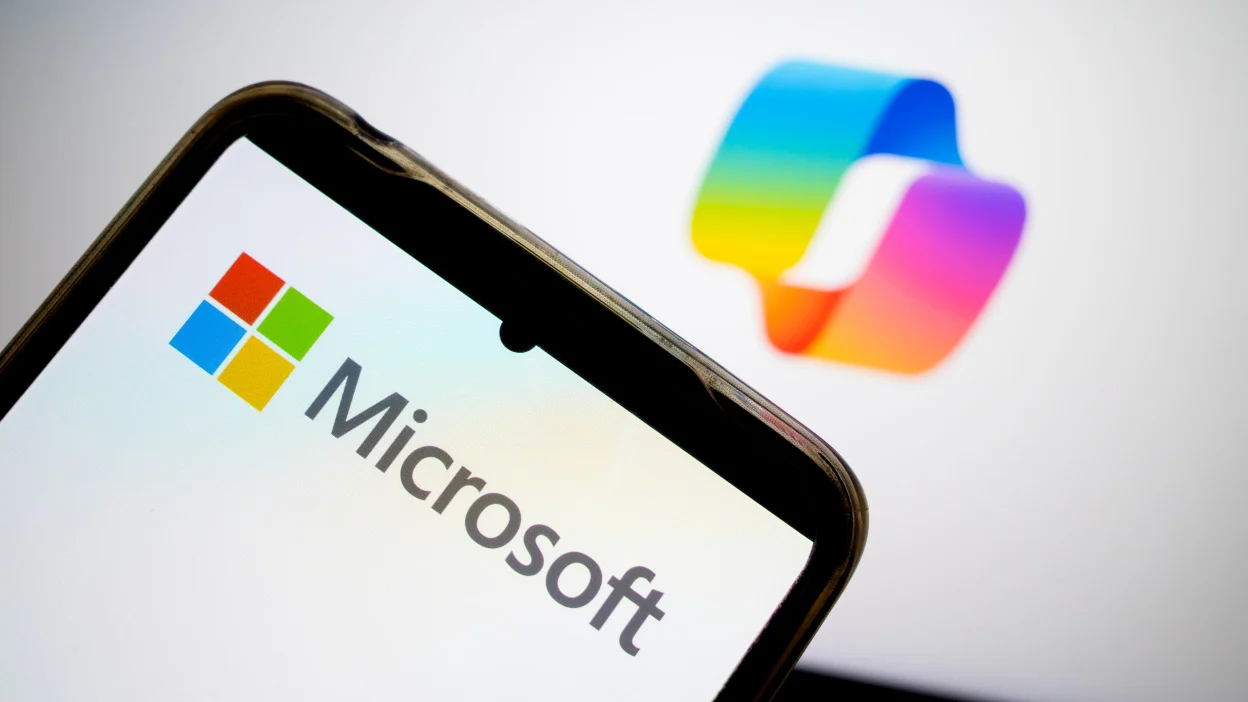Microsoft Recall Raises Alarms Over Privacy in Secure Messaging Apps
There’s no doubt technology has revolutionized our lives—but not without serious trade-offs. As we increasingly live online, our personal security is more exposed than ever. Despite trusting secure platforms like WhatsApp and Signal, recent warnings from the U.S. National Security Agency (NSA) reveal hidden vulnerabilities—especially when these apps are linked to PCs.
Adding fuel to the fire, Microsoft has officially rolled out its controversial Recall feature on Copilot PCs. This AI-powered tool continuously captures screenshots of everything you see on your screen and uses optical character recognition to store that information securely behind a simple PIN. But even with these safeguards, Recall poses a major privacy risk—especially for secure chats.
Your Private Messages Might Not Be So Private
Whether you’re using WhatsApp, Signal, or any other “secure” messaging service, the moment those messages appear on a Windows PC with Recall enabled, they can be captured and stored—without your knowledge or consent. The issue is compounded by the fact that users receive no warning that their data is being saved in the background.
Although Microsoft initially delayed Recall due to privacy backlash, it’s now reintroduced the feature with added controls. However, the core problem remains unchanged: it quietly logs and saves everything on your screen, including private messages, chats, documents, and more.
READ MORE: CCP Fines Eight Poultry Hatcheries Rs. 155 Million for Cartelization and Price-Fixing
AI at Scale — Easier, Smarter, Riskier
The widespread adoption of AI is accelerating not only innovation but also exploitation. From spam and phishing to large-scale surveillance, AI is making harmful activities easier to execute.
In this landscape, apps like WhatsApp and Signal must reconsider how they handle linked devices. One proposed solution: restrict message access to users’ primary phones. After all, end-to-end encryption means little if a PC on the other end is quietly saving every message and chat via Recall.
WhatsApp’s AI Features — More Help or More Risk?
At the same time, WhatsApp is integrating its own AI tools, including message summaries and writing suggestions. Meta claims these features are optional and private—but the timing raises concerns. If Recall can capture even these AI-assisted chats, how secure can users really feel?
Meta maintains that messages are encrypted and unreadable by third parties, including themselves. But as AI capabilities grow, even these promises are being questioned. And if your chat is on-screen, Recall can still snap and save it—regardless of the encryption behind the scenes.
A Complicated, Risky Future
As personal data flows through multiple apps, devices, and AI systems, the boundaries of privacy are being blurred. The combination of tools like Microsoft Recall and linked secure messaging apps poses a new kind of threat—one where even the most private messages can be silently recorded and stored forever.
There’s an urgent need to rethink AI access and control to protect user security. What once felt private is now fair game for algorithms—and that should concern everyone.




